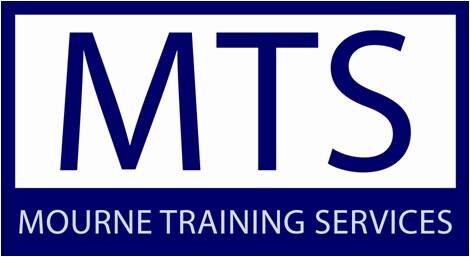MTS Helpdesk Question: Is the limit of quanitation always important when validating methods for impurities? Answer: Defined as “the lowest amount of analyte in a sample which can be quantitatively determined with suitable precision and accuracy” in ICH Q2, limit of quantitation (or ‘quantitation limit’ in the ICH terminology) is an important method performance characteristic […]
Category: Validation
Drafts of ICH Q2(R2) and Q14 on Public Consultation
Draft versions of the revision of ICH Q2, Validation of Analytical Procedures, and also the new guideline Q14, Analytical Procedure Development, were published on the 24th March 2022. The deadline for comments is 31st July 2022. You can view the draft guidelines, and also a presentation from ICH about the guidelines, using the following links: […]
How Much Forced Degradation in a Stress Study?
MTS Helpdesk Question: When I forcibly degrade my drug or drug product to create degradation products, how much degradation should I aim for? Answer: The aim of a forced degradation study is to generate degradation products from a drug which are both realistic and representative, typically for the purposes of assessing degradation pathways, or to […]
What is Mass Balance in a Forced Degradation Study?
MTS Helpdesk Question: What is the ‘mass balance’ for an analytical method and is it critical that I investigate it as part of method development or method validation? Answer: When used in the context of an analytical method, the term ‘mass balance’ relates to its ability to analyse the degradation products of a drug molecule. […]
Why are ‘Bio’ Test Methods so Tricky to Validate?
MTS Helpdesk Question: When it comes to validation, analytical test methods used for medicinal products based on biological molecules can be a bit ‘tricky’ to deal with. Coming up with a suitable design for the validation protocol can be quite difficult. In particular, the choice of what parameters to investigate, and the design of the […]
A Wish List for ICH Q2(R2), the Revision of the Guideline on Method Validation
The ICH guideline on method validation, Q2 (R1) [1], is currently being updated and I thought it might be interesting to put together a wish list for the changes that I would like to see in the new version. Rather than a wide-ranging treatment of all analytical method validation related issues, such as how it […]
